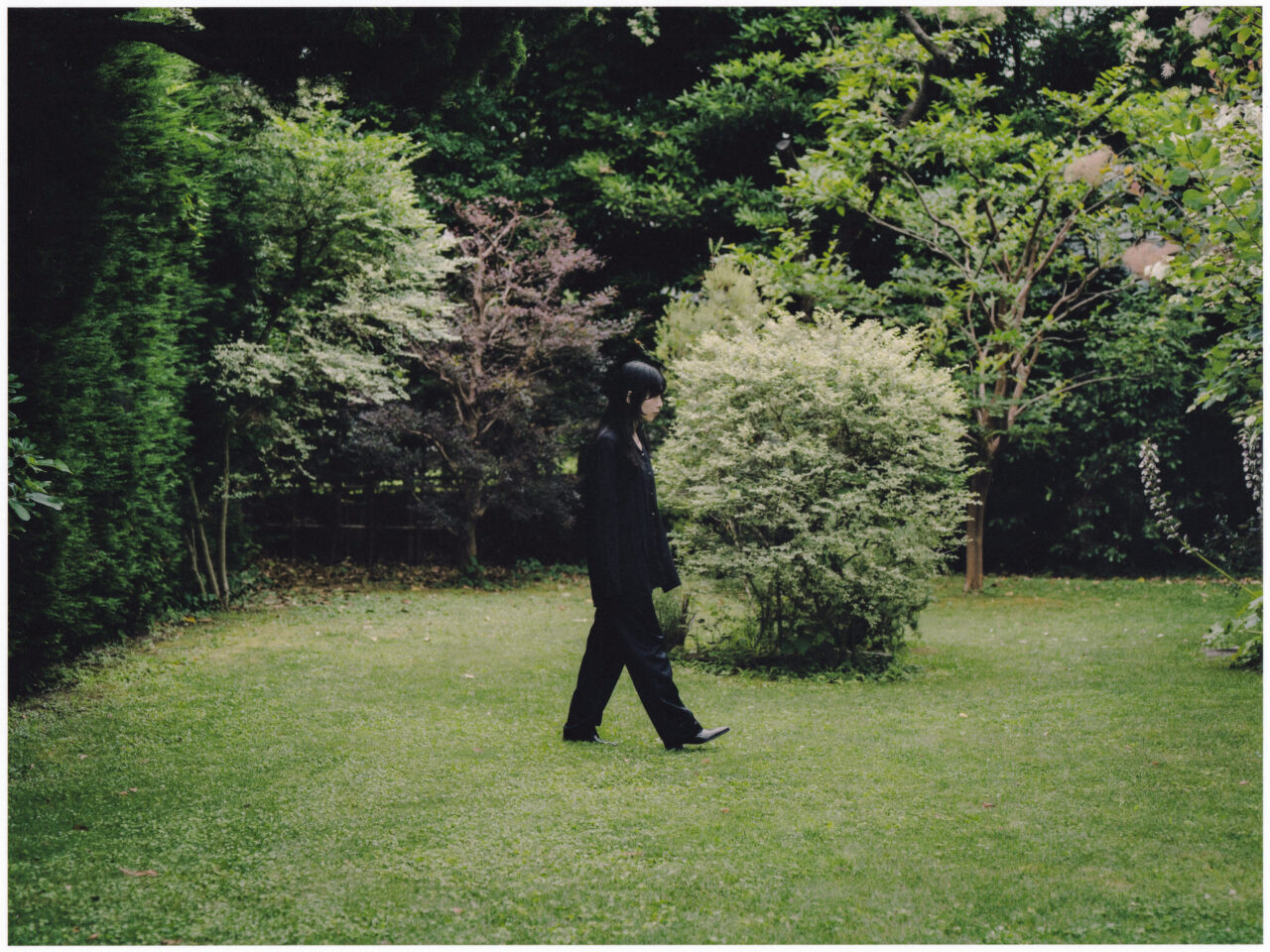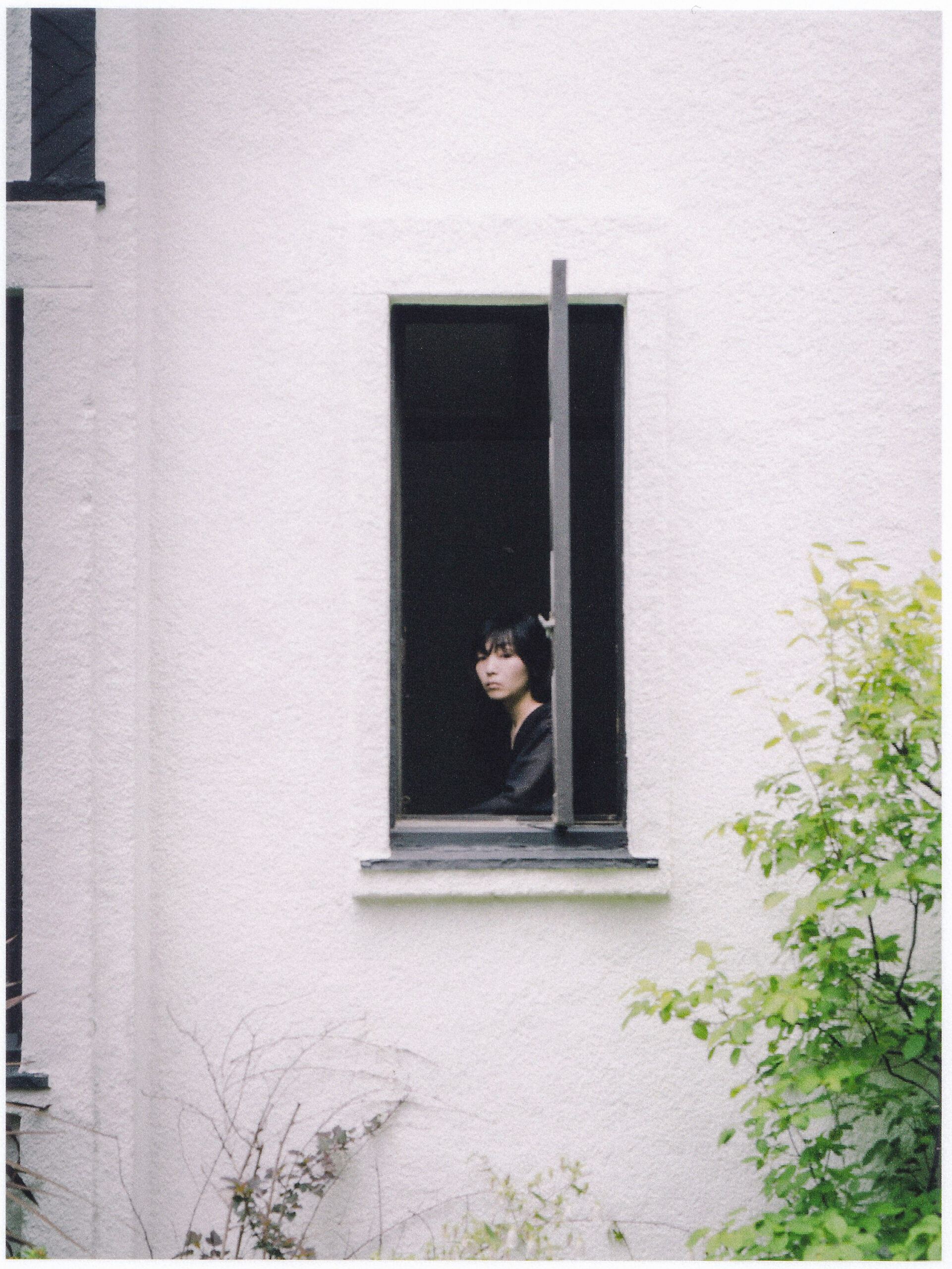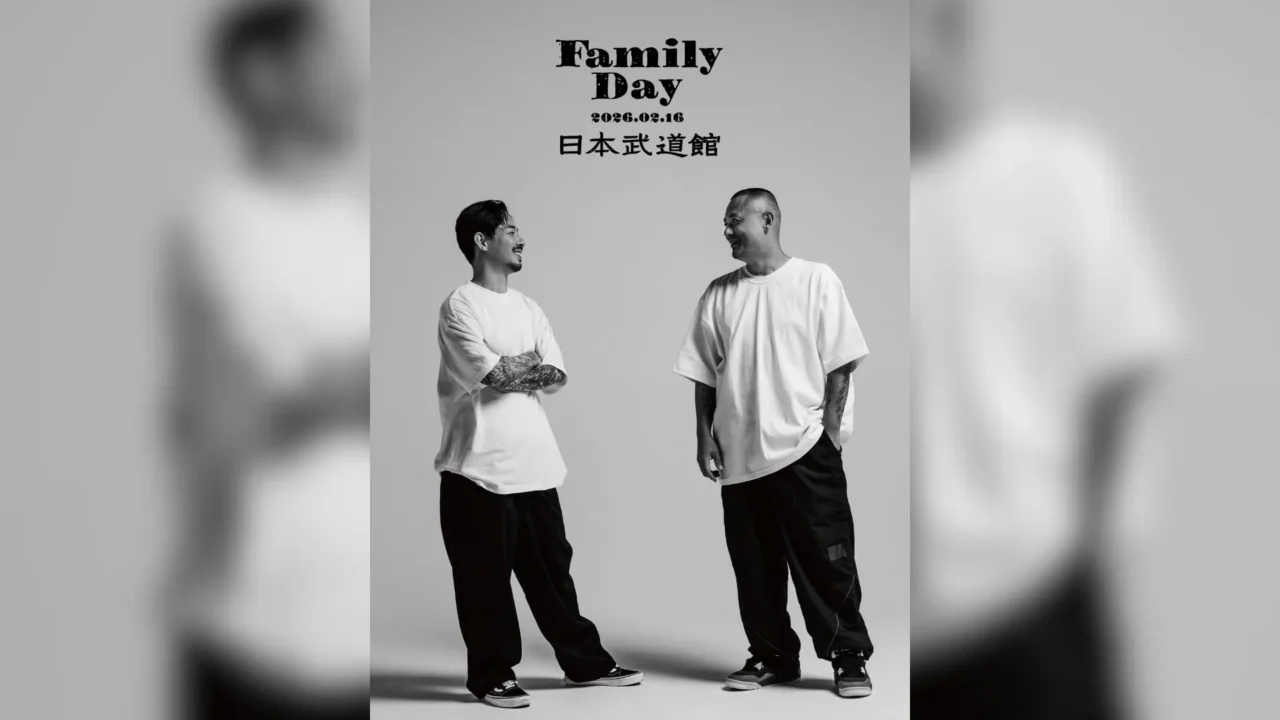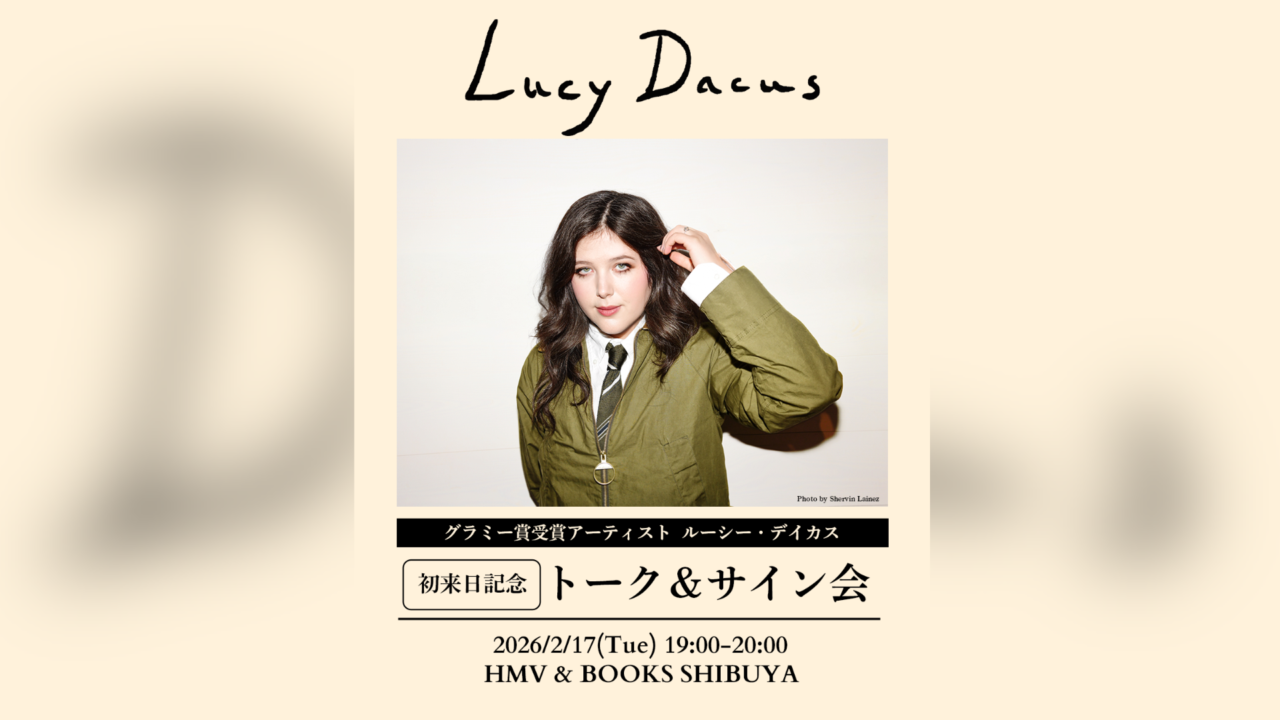INDEX
Now: Everything I’ve Held On To and Let Go
The band members from your previous album, Masamichi Torii (Triple Fire), Kouki Hama, Coff, and Naruyoshi Numazawa, participated again. How did you work together to create this album?
ehara: For this album, most of the arrangements didn’t change much from the demos. That’s often the case for me, not just with this album, because by the time a demo is finished, I usually feel fairly satisfied with it, so the tracks don’t shift much from the initial concept to the final product. With the second album, we had cases where the members’ input and strengths changed the demos significantly, adding new ideas collaboratively. But for All About McGuffin, I had them play almost exactly what was in the demos. I feel a little sorry if that made the members a bit bored.
Since the demos didn’t change, the band seemed a bit uneasy, saying it felt “too clean,” and I did have moments of doubt about whether I should adjust things. But ultimately, I decided to stick as closely to the demos as possible.
Even so, I did struggle internally. Thoughts like, “Should I make this more pop?” or “Should I arrange it so it’s more danceable?” would cross my mind. My musical knowledge is still limited, so sometimes what I naturally create has dissonances, unusual unisons, or strange elements—but I like that, and I think those arrangements are good. In the end, I reached a point where I could release the music exactly as it came from me, without second-guessing it.
You mentioned in another interview that you changed the way you write lyrics for this album, aiming for expressions that listeners could connect with their own experiences. That seems to have made the album very accessible. Why did you decide to try this new approach now?
ehara: I was getting tired of writing lyrics that only I could understand. Sticking to my previous methods made me lean toward unusual expressions and words that I rarely use in daily life, and it started to feel boring.
I really like tanka poetry, which has rhythm and strict syllable limits. It requires skill and creativity to convey a scene or a small, ordinary moment. I love tanka that use simple language yet do this skillfully. For example, if someone reads a line like “Light streams through the window at 4 PM,” each person will imagine a different scene, but because the words are simple, the possibilities for imagery expand.
Listeners might imagine something very different from the image I intended in a song, but that’s a matter of how closely I can approach my intended expression with careful word choice. Lately, I’ve wanted to challenge myself to do more of that.

ehara: In addition, I’ve also been challenging myself to write lyrics that are entirely fictional, not just drawn from real experiences. Until now, I often based my lyrics on things that actually happened, but this time I wanted to create themes that come purely from my imagination.
But this isn’t about trying to directly convey my feelings or message to the listener. It’s more about giving them familiar, everyday words as a starting point, so they can feel something and expand on the impression or context of the song. I thought that approach might make my music feel even more engaging and interesting to listen to.
The origin of the title has come up in various interviews, but could you share your thoughts once more? “McGuffin” usually refers to an object or element that drives a story—like the suitcase in Pulp Fiction. Why did you decide to name the album All About McGuffin?
ehara: The “All About” part reflects a kind of respect for everything—the things I’ve let go, the things I’ve held onto, and the process of creating this album. I don’t want to dismiss any of my experiences. If I tried to pinpoint exactly what I still have and what I’ve lost, it would take too much effort—and honestly, I couldn’t be completely precise.
























